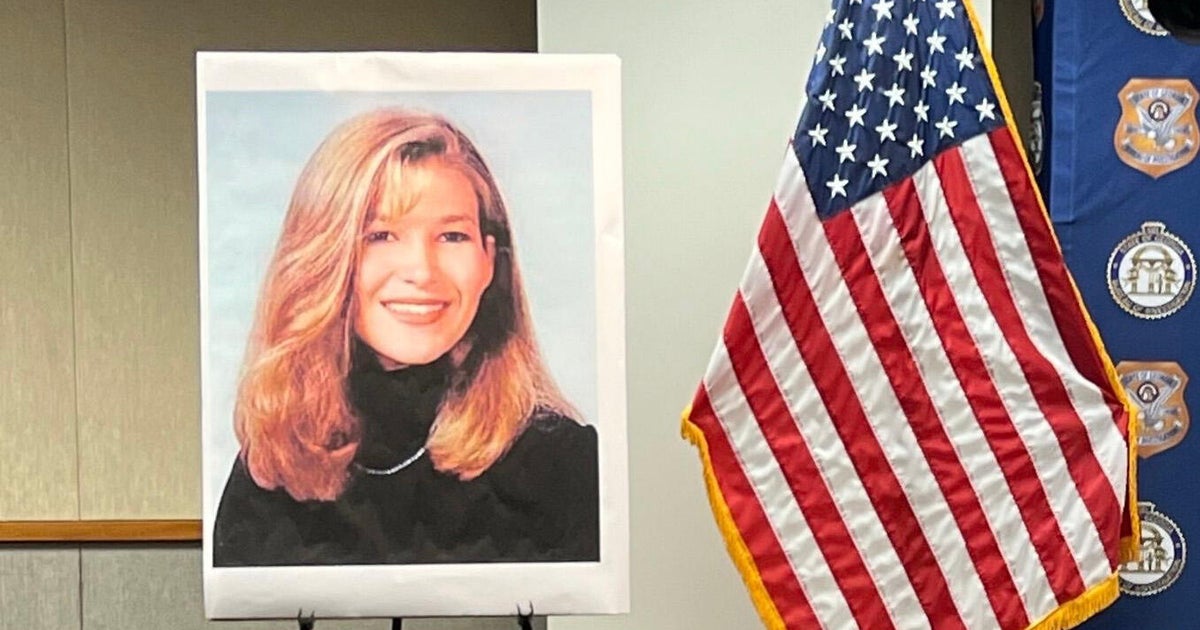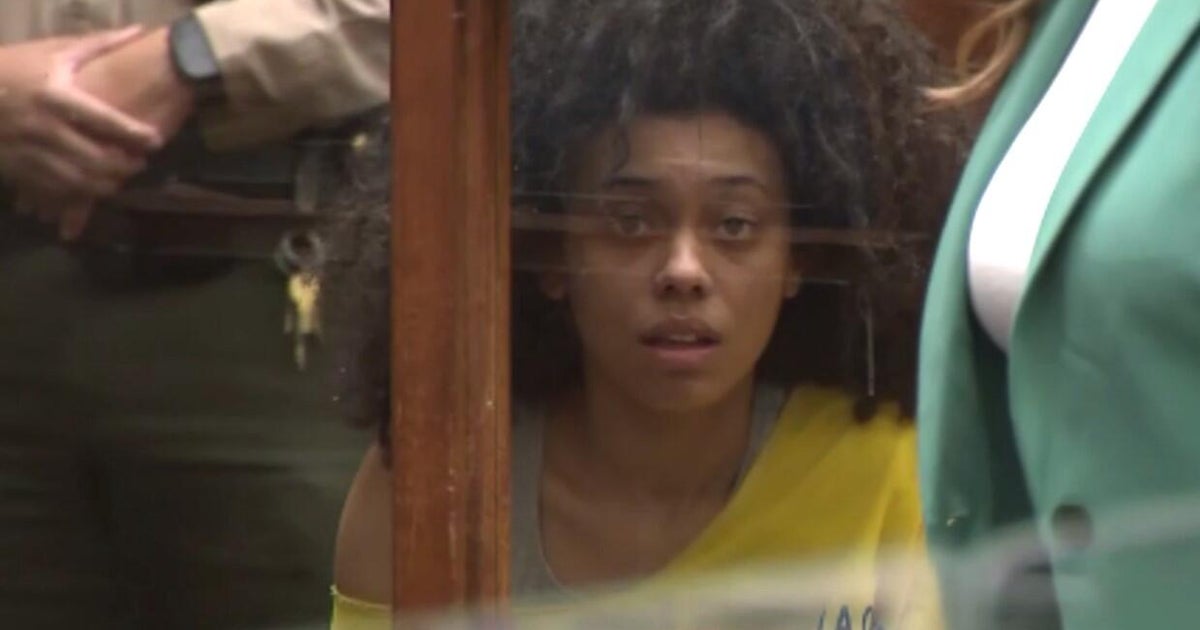Senate OKs New Sentencing Rules For Young Killers
By David Eggert, Associated Press
LANSING (AP) - The Michigan Senate voted unanimously Thursday to create new sentencing rules for young killers, 16 months after the U.S. Supreme Court struck down mandatory life-without-parole sentences for juveniles.
The legislation sent to the House on 36-0 votes would apply only to future criminal cases, not retroactively to the state's 360 or so inmates who were under 18 when they committed crimes, mostly murder.
The high court's June 2012 decision - based on the Constitution's Eighth Amendment prohibition against cruel and unusual punishment - is silent on retroactivity, and courts across the country have been divided ever since on the issue. Retroactivity is especially relevant in Michigan, home to second-highest number of juvenile lifers in the U.S.
"The bill in front of you will bring us into compliance with the Supreme Court ruling. It does not go retroactive because they did not address that," said Sen. Rick Jones, a Grand Ledge Republican who helped block a Democratic amendment that would have applied the new sentencing scheme to those already behind bars.
Juveniles can still be sentenced to life without parole after the court's decision. The sentence just cannot be mandatory on judges, who also must consider factors such as defendants' immaturity, rehabilitation chances, family and home environment, peer pressures and inability as youths to navigate possible plea deals.
If Michigan juveniles commit first-degree murder or other serious crimes causing death and do not receive life without parole, judges would have to sentence them to a minimum of at least 25 years and a maximum of at least 60 years under the bills.
Critics say it makes no sense that some mandatory life sentences are unconstitutional and others are not. They're hoping the Republican-led House approves legislation to give juvenile lifers a shot at parole.
"A minor who commits a crime surely has to be punished, but their culpability is different," said Shelli Weisberg, lobbyist for the American Civil Liberties Union of Michigan. "At the very least as a society, we should look at them again and help them rehabilitate if at all possible and become contributing members."
Sen. Bert Johnson, a Detroit Democrat, estimated that 150 prisoners serving life without parole for crimes committed as juveniles were accomplices, not the actual killers.
In January, a federal judge in Ann Arbor declared that the U.S. high court ruling applies retroactively in Michigan. The decision conflicted with a decision last fall by the state appeals court, which said most people already behind bars would not benefit.
Republican state Attorney General Bill Schuette has urged lawmakers to back off from the retroactivity issue until the U.S. Supreme Court considers it, which he estimates could take two or three years. He says applying the decision retroactively would traumatize victims' families.
"The integrity of our justice system demands crime victims and their families come first, and this legislation reflects that commitment," Schuette said in a written statement.
Meanwhile, an attorney representing inmates expressed frustration with the state's lack of action since U.S. District Judge John Corbett O'Meara strongly reiterated in August that certain prisoners serving no-parole sentences now deserve parole consideration. Deborah LaBelle said the Corrections Department so far has refused to offer programs that might help inmates prepare for life outside prison.
"MDOC staff have informed plaintiffs ... that they are `not entitled to any parole' and will be in `prison until they die,"' LaBelle said in a letter this week to O'Meara.
LaBelle asked the judge to schedule a court hearing to explore the issue.
© Copyright 2013 The Associated Press. All Rights Reserved. This material may not be published, broadcast, rewritten or redistributed.







